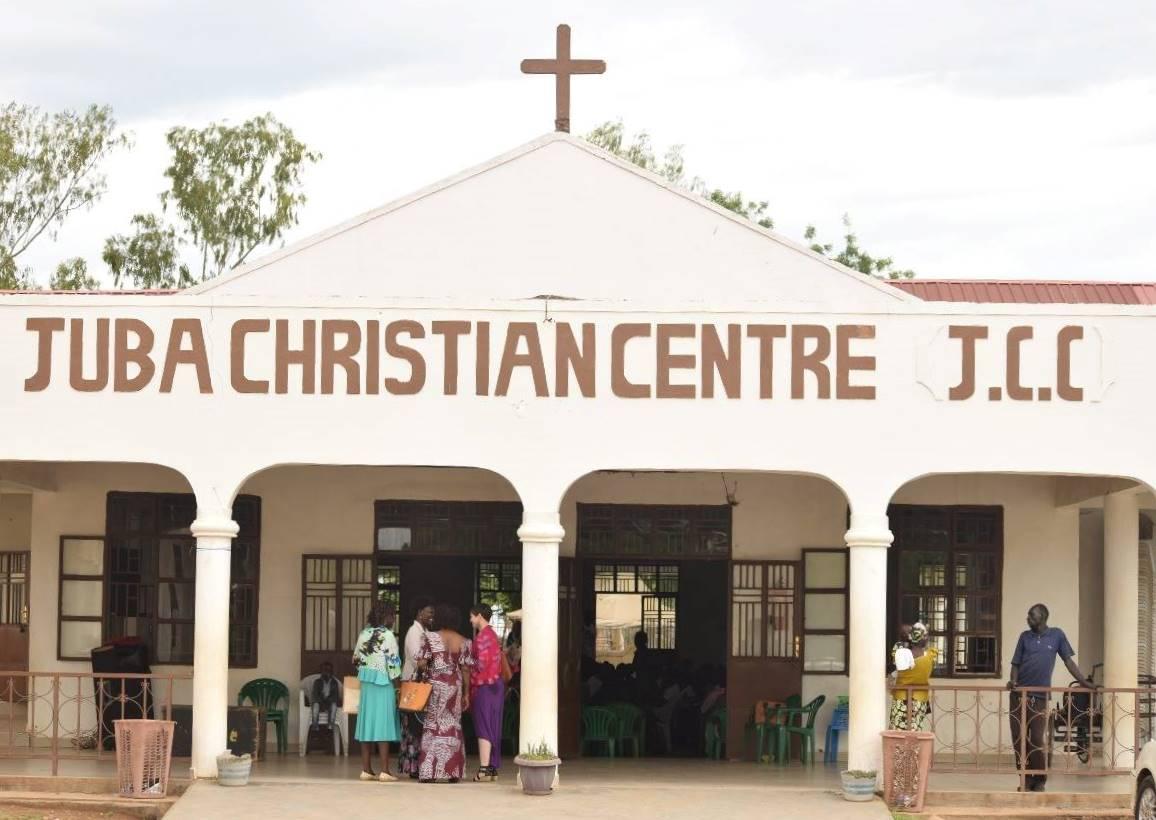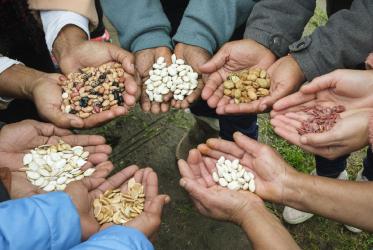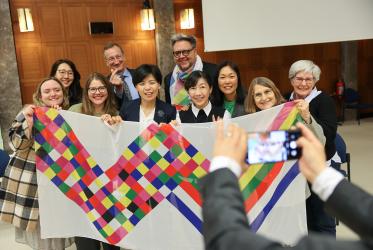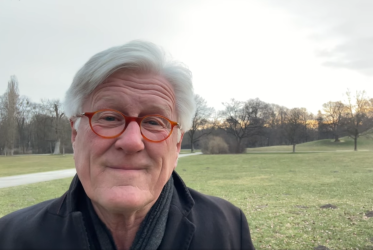As the World Council of Churches pilgrim visit of justice and peace to South Sudan draws to a close, I’m struck by how several issues intersect and interact: the position of women, poverty, sexual exploitation, the prevalence of weapons, and the lack of safety.
During our visit we have met groups of church leaders, young people, women, and women parliamentarians. We have heard consistently of the expectation that bringing up children and running a home are the responsibility of women, not just in doing the work, but also in earning the money to support the family and run the home. Women from local churches told us, “Here we are seen as animals.”. Rape is commonplace, of women and of children. A woman told us that things are worse in the rainy season because the grass is higher and it is easier for men to hide. The economic demands on women are such that if they have no alternative they may offer their own bodies for sale. Luckily, the man one woman approached outside a supermarket recently is a church leader; he gave her some food and did not judge her. Because of the dowry system girls are forced into early marriages; one young man said that young women are seen as sources of money rather than as people. Some of the women we met feel that they have little access to leadership positions in the church. And, perhaps surprisingly, even the women member of parliament struggle to have their voices heard, and several reported having been threatened when they spoke the truth; as one put it, “Lives are at stake when you speak out.”
Despite their country’s natural resources, South Sudan’s people mostly live in poverty: in 2014 the nation was 169th in the Human Development Index. Adult illiteracy is 73%, and higher than that for women. Government employees have not been paid for the last six months. Because of this, looting is rife. Small arms are everywhere (though not in the home of a feisty young woman member of parliament who lives alone) and armed gangs attack people on the street or in their homes, looking for money and anything sellable; in one case we heard of, they even made the teenage boys they had come across strip, so that they could take their clothes.
In view of all this, it is not surprising that women here are afraid: scared of how they will feed their families, afraid of being robbed, frightened of the threat of rape or worse, and terrified that the same fate will befall their children. South Sudan is not a safe environment for women. But still their faith, strength and determination shine through. It is good that we came.







